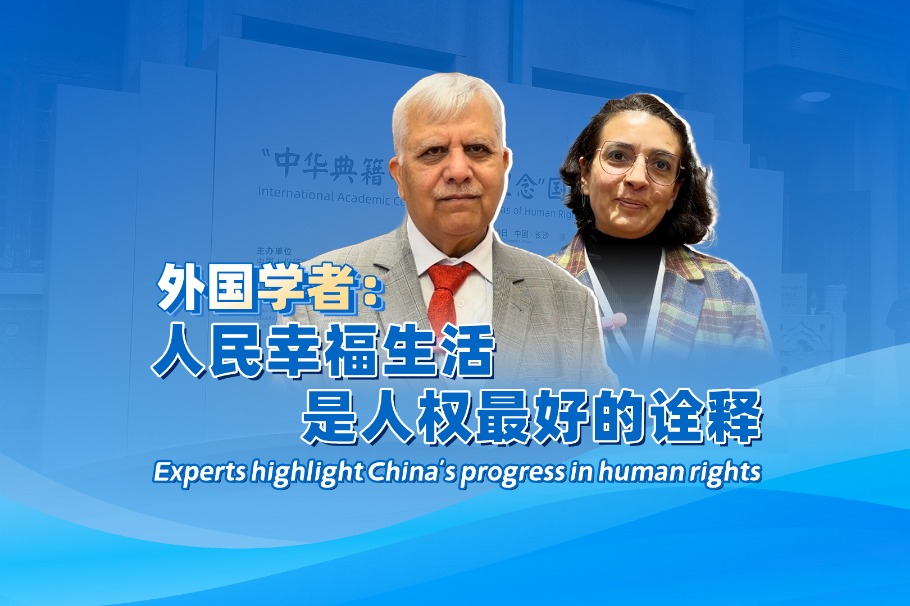Market mavens foresee more equity boosters
By SHI JING in Shanghai | CHINA DAILY | Updated: 2023-07-26 08:17

With the A-share market rebounding strongly on Tuesday in response to the top leadership's support for the capital market expressed on Monday, more policies to boost stock-market performance and optimize the capital market's infrastructure can be expected, experts said.
On Monday, a meeting of the Political Bureau of the Communist Party of China Central Committee said that efforts should be made to invigorate the capital market and boost investors' confidence.
The tone-setting meeting analyzed the current economic situation and mapped out the economic work to be done in the second half.
In response, the benchmark Shanghai Composite Index gained 2.13 percent and the Shenzhen Component Index closed 2.54 percent higher on Tuesday.
A positive outlook on macroeconomy is of utmost importance to boost market confidence, said Meng Lei, China equities strategist at UBS Securities, at a news conference on Tuesday.
A 10-basis-point cut in loan prime rate, a market-based benchmark lending rate, as well as a cut in the reserve requirement ratio, can be expected in the second half of the year, he said.
The meeting on Monday also said that given the major changes in supply and demand in China's property market, related policies should be adjusted and optimized. Meng said he anticipates easing of property policies in lower-tier cities later this year, which will likely benefit A-share property developers, makers of home appliances and carmakers.
Chen Guo, chief strategist of China Securities, said the top leadership's guidance indicates that the recent sluggish performance of the A-share market, which has lasted longer than expected, cannot meet China's strategic development demand.
Policies have already been introduced to boost market confidence. These include the lowering of mutual fund fees in early July. More such policies can be expected to inject extra vitality into the stock market and augment capital inflows, he said.
Xu Chi, head of strategy research at Zhongtai Securities, said that without fiscal policies like consumption stimulus and debt replacement, the stock market would lose momentum, given the experience of start-stop global recovery post-COVID-19. So, consumption and debt should be closely watched to reinvigorate the Chinese capital market, he said.
The infrastructure of the Chinese capital market will be further enhanced to make the market more attractive to investors, thereby strengthening direct financing channels like stock issuances, said Ming Ming, chief economist of CITIC Securities.
The capital market reform should be deepened by optimizing the market ecosystem and completing the system for allocating resources, which can make the Chinese capital market fundamentally more vibrant, said Chen Li, chief economist at Chuancai Securities.
Meanwhile, efforts should be made to guide more capital into technology innovation, manufacturing and the private sector. More policies should be rolled out to facilitate private investment, which will also help make the capital market more buoyant, he said.
Over the past 10 years, owing to a series of volatility-marked periods, the A-share market has not created much wealth for households, experts said.
But China's long-term goals like expanding the personal pension scheme and overcoming bottlenecks in key technologies require more contribution from the capital market. The top leadership's views on the capital market, which have exceeded expectations, will help drive more capital into it and also facilitate the development of the real economy, said Meng of UBS.
























